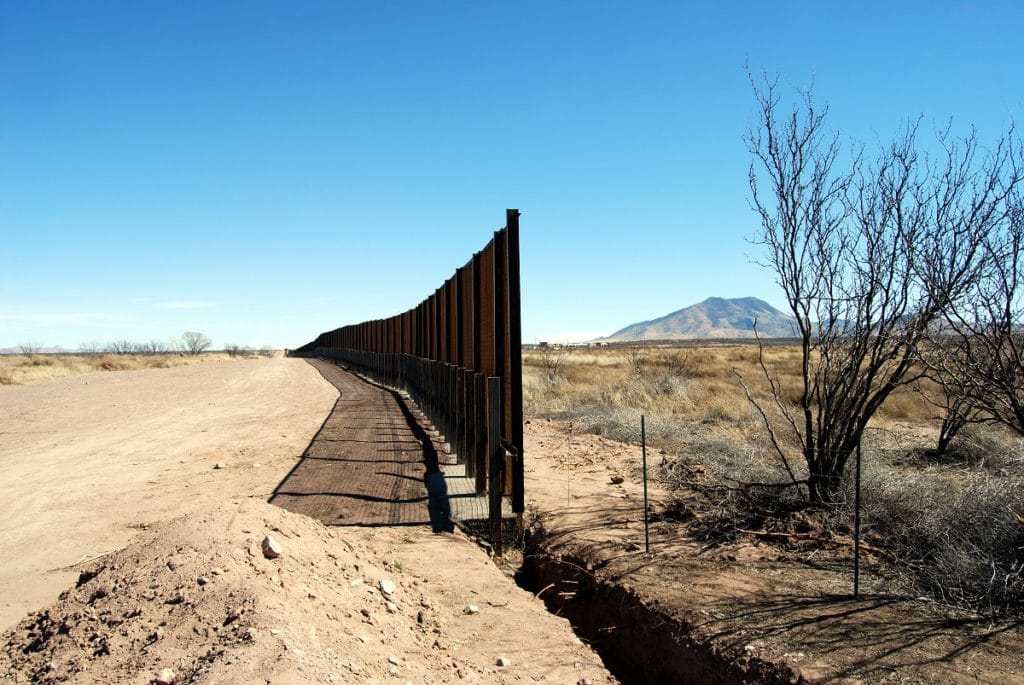The number of unauthorized immigrants in the U.S. fell to its lowest level in more than a decade, a recent Pew Research Center report suggests.
The report which has been estimated on the 2016 government data, suggests that the dip occurred due to a sharp decrease in the number of Mexicans entering the country without authorization. The number of unauthorized immigrants staying in the U.S. is accounted at 10.7 million in 2016, a decline from 2007 when the total account of unauthorized immigrants stood at 12.2 million.
The total is the lowest since 2004, the report states. It is tied to a decline of 1.5 million people in the number of Mexican unauthorized immigrants from 2007 to 2016. However, Mexico remains the country of origin for 5.4 million unauthorized immigrants or roughly half of the U.S. total.
On the other hand, India too remained one of the twenty large countries which contributed to the unauthorized immigrants in the U.S., according to the report. Overall, between 2007 and 2016, the unauthorized immigrant population shrank by 13%. By contrast, the lawful immigrant population grew 22% during the same period, an increase of more than 6 million people. In 2016, the U.S. was home to a total of 34.4 million lawful immigrants, both naturalized citizens and noncitizens.
Moreover, the report suggests that as overall numbers decreased, other related changes occurred in the unauthorized immigrant population. Between 2007 and 2016, the number of unauthorized immigrant workers fell, as did their share of the total U.S. workforce over the same period, so did the number of unauthorized immigrant men in the prime working ages of 18 to 44, but not women in that age group.
Further, the report also suggested that as the typical span of U.S. residence of unauthorized immigrants has grown, a rising share of unauthorized immigrant adults – 43% in 2016 compared with 32% in 2007 – live in households with U.S.-born children.
Additionally, the report has also shown that Pew Research Center’s estimate of the U.S. unauthorized immigrant population includes more than a million people who have temporary permission to stay and work in the U.S. under two programs that could be rescinded, potentially exposing them to deportation.
As of Aug. 31, 2018, nearly 700,000 young adults who came to the U.S. illegally as children were recipients of Deferred Action for Childhood Arrivals (DACA), which was created by the Obama administration in 2012; the Trump administration announced in 2017 that the program would end, but it has been kept alive by court challenges.
